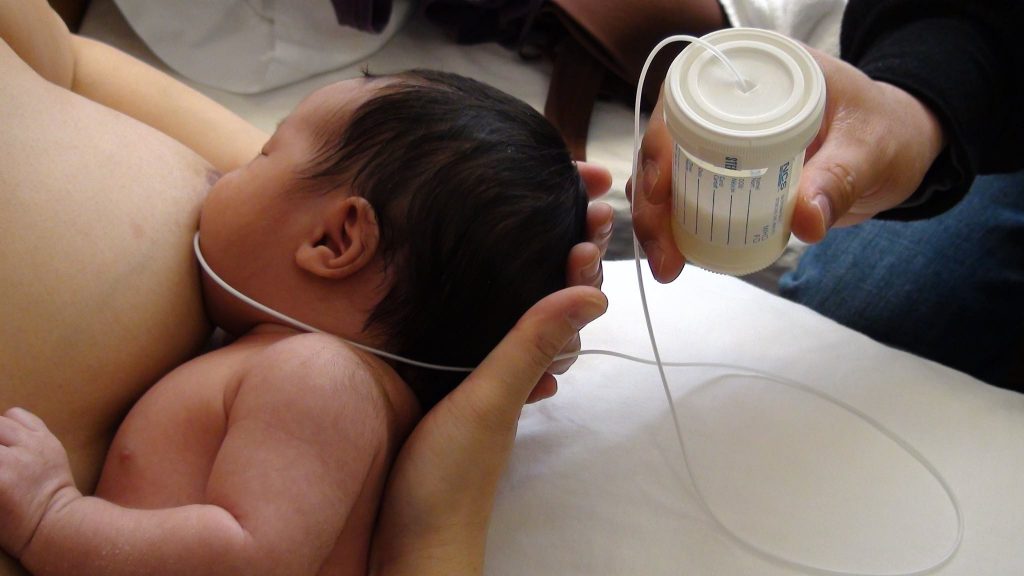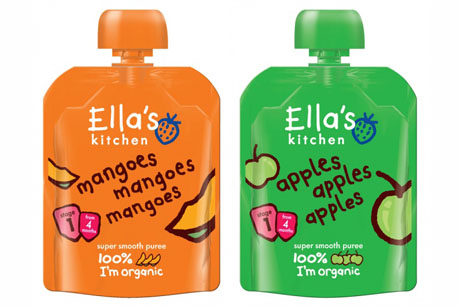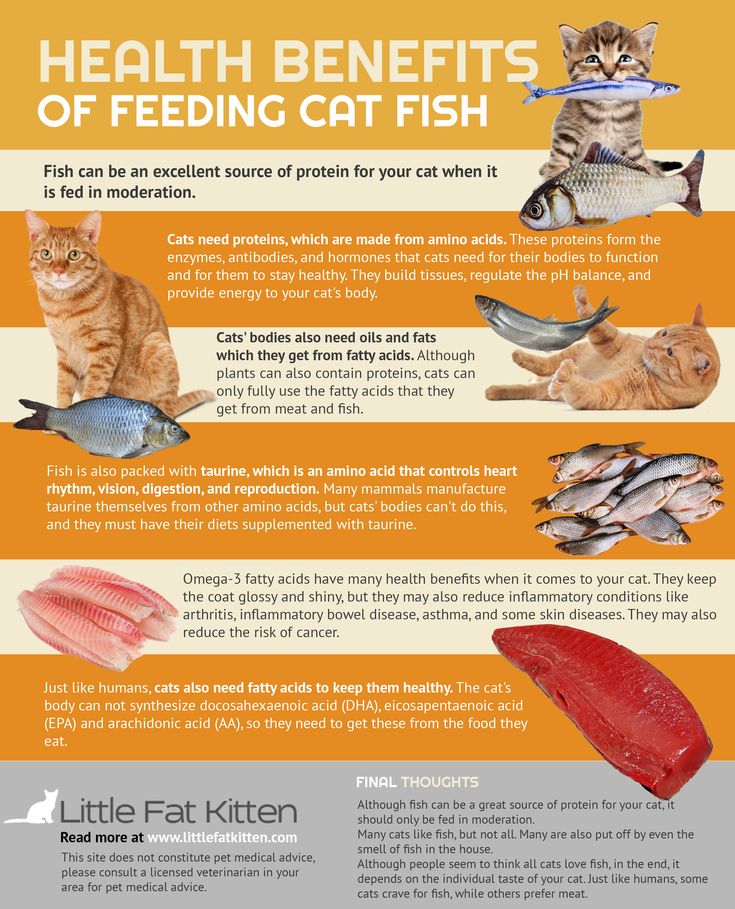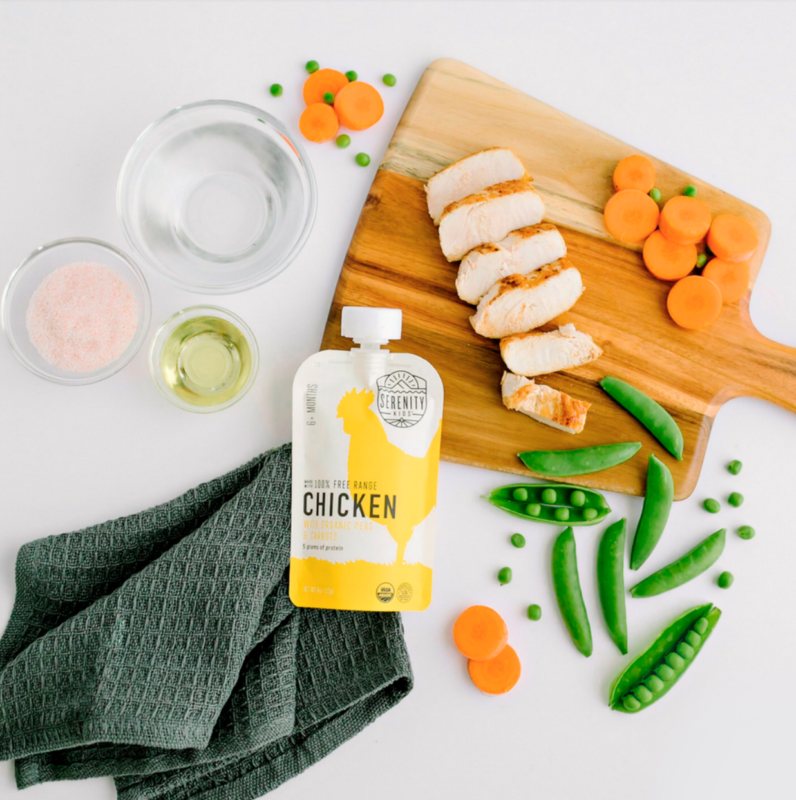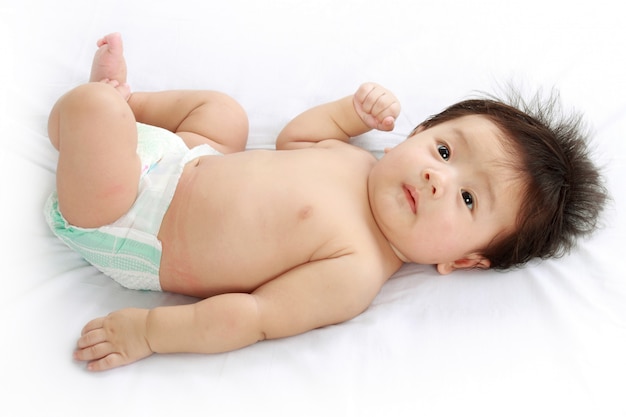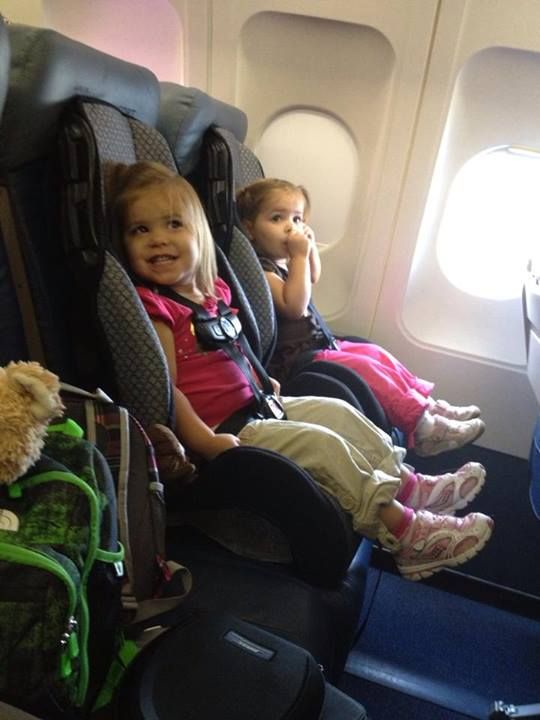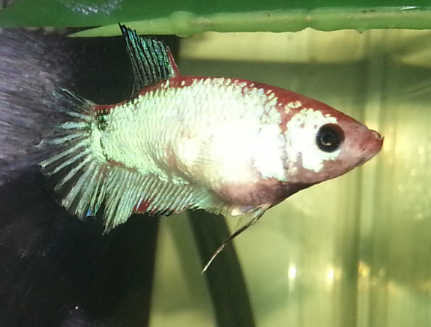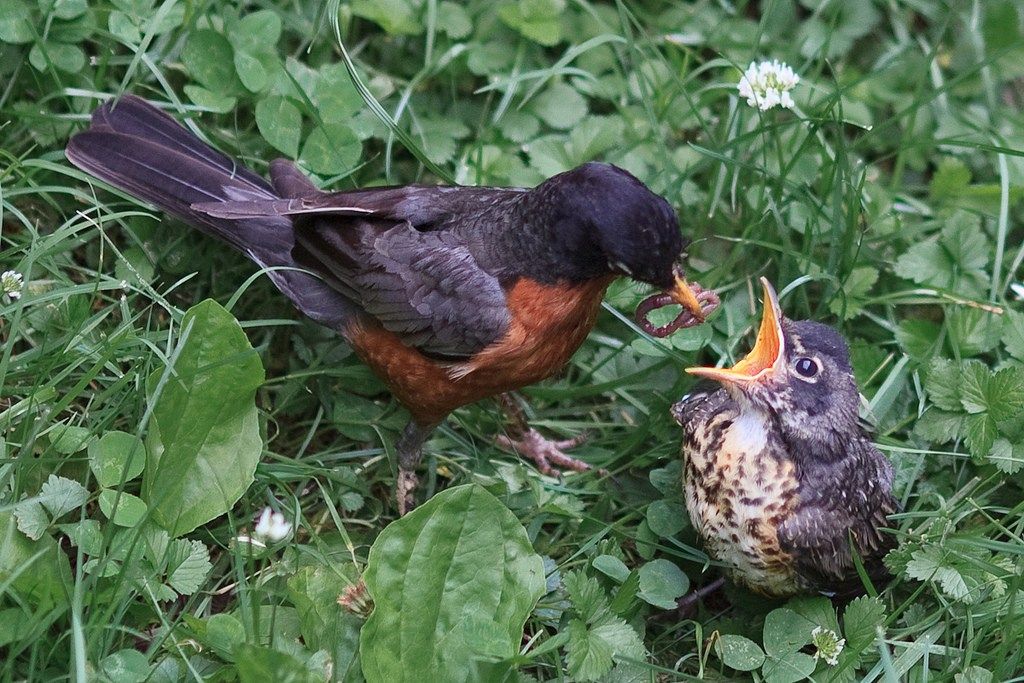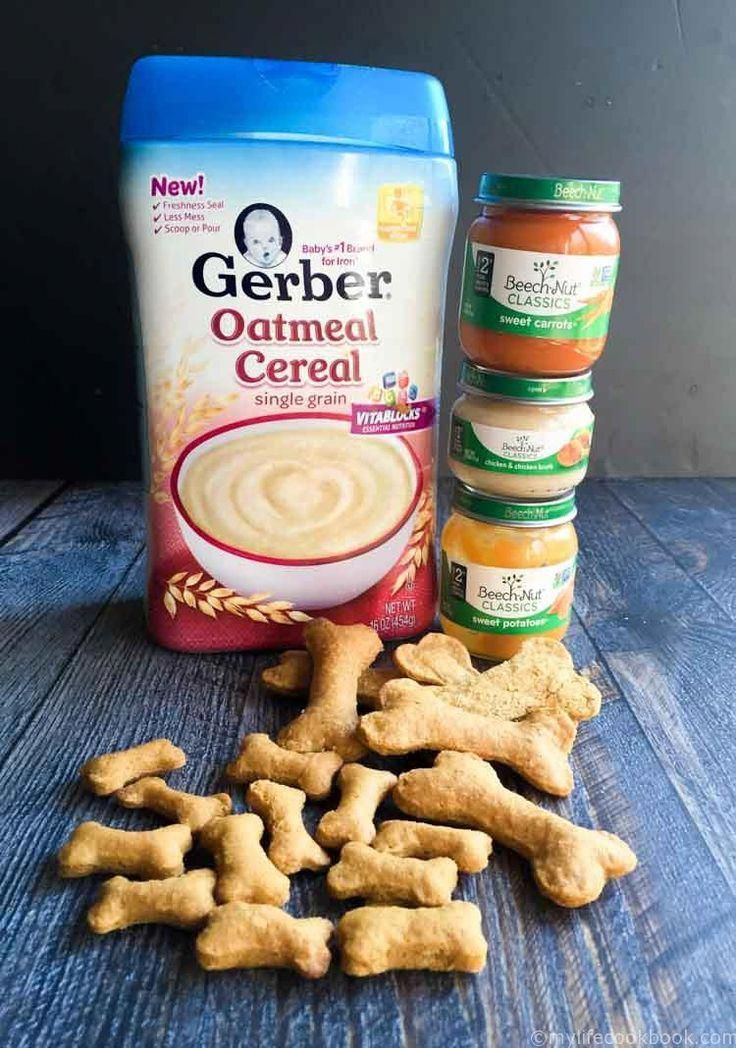Baby head sweating during feeding
Why Does Your Baby Sweat While Breastfeeding?
Do you ever wonder why your baby breaks a sweat while breastfeeding? Have you come across it more than once? Do you wonder if it is an indication of some health issue? All these questions occur in your mind and make you curious especially if you are a new-mum. It can be very unsettling for you. You might have dismissed thinking that it is because of the warm weather. Your clueless thoughts will end after reading this blog. There are many reasons as to why your baby sweats while breastfeeding.
Check out: Common breastfeeding myths busted and the basics every new mom should know
Reasons your baby sweats while breastfeedingIt is common for babies to sweat while breastfeeding. But it is important to mention it to your pediatrician when you take her for a health check-up. The following are the reasons for your baby to sweat.
Mummy’s skinWhile breastfeeding, you and your baby are in close contact, often skin-to-skin and it can make your baby feel warm. It increases your baby’s body heat. To help your baby regulate her temperature, the body stimulates the natural process of cooling by starting to sweat. It is a classic biology stunt.
A warm environment obviously causes your baby to sweat. If you live in a hot and humid place, your baby is more likely to sweat while breastfeeding. That is why; make sure her room is of ambient temperature. She will get fussy while breastfeeding if it is too cold or too hot. It is always a good idea to keep the rooms well-ventilated. It will keep your baby comfortable and will also prevent any stuffiness in the room.
Too many clothesYou should never over-dress your baby. The old norm of layering her up with many clothes is not always applicable. Put on clothes as necessary. Too many layers of clothes in a hot surrounding will cause sweating. Avoid making her wear a cap while she is feeding, as keeping her head bare will help her body to remain cool. If it is cold and you are feeding her during winter months, you can dress up your little one in woolen clothes.
If it is cold and you are feeding her during winter months, you can dress up your little one in woolen clothes.
Cotton clothes are breathable and soft. It will make sure that your baby is comfortable. If you use polyester clothes, there will not be any air circulation. This is another reason why your baby will sweat. During breastfeeding, your baby is close to your skin making it warmer for her. Polyester clothes will only increase her sweating.
Sucking is your baby’s form of exerciseWhen we exercise and move our muscles, it is common for us to sweat. In the same way, sucking is an exercise to your baby’s jaws. This is a form of exercise for her which makes her sweat. You can let your baby take breaks before you complete breastfeeding.
Check out tips ensuring proper breastfeeding sessions with your baby
Why does your baby sweat while breastfeeding: Does it indicate a health issue?While sweating when breastfeeding is normal, there might be some health issues associated with it. The most common health issues are pulmonary atresia and hyperthyroidism.
The most common health issues are pulmonary atresia and hyperthyroidism.
Pulmonary atresia is a condition related to the pulmonary valve of the baby’s body. The pulmonary valve is an opening on the right side of the heart that helps regulate blood flow to the lungs. In the case of pulmonary atresia, the pulmonary valve does not form properly. As a result, the blood from the baby’s right ventricle cannot reach the lungs. It leads to a deficiency of oxygen in the body.
Excessive sweating may also indicate a condition related to the thyroid gland. This condition is called hyperthyroidism. Some babies can suffer from cyanosis or develop a bluish tint to their skin.
If your baby has a health issue that causes excessive sweating while breastfeeding, there will be more symptoms that you need to spot. Here are a few more symptoms you can watch out for:
• Your baby may have difficulty in breathing. She may breathe rapidly or slowly or even gasp.
• Additionally, your baby may always seem tired and lethargic or may fall asleep while feeding all the time.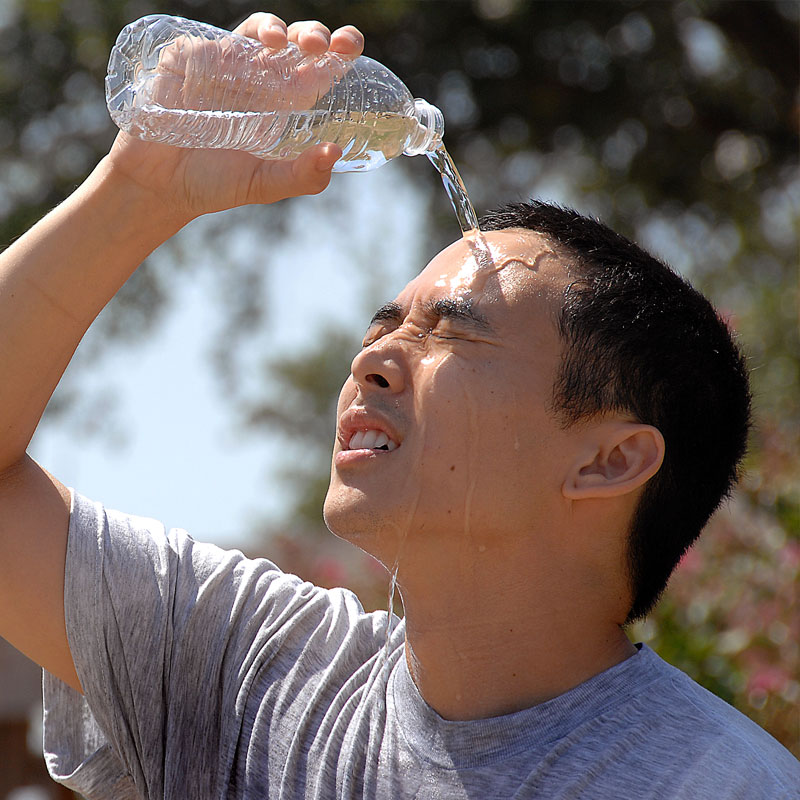
• In some cases, your baby may not want to feed at all.
Read now: Some breastfeeding tips you should remember
Why does your baby sweat while breastfeeding: More tips to reduce baby sweatingBefore you get panicked and fill your mind with all sorts of negative thoughts, there are a few tips to decrease your baby’s sweating. Try out these tips before you rush to a doctor.
• While you are breastfeeding, you and your baby will be in a tight embrace. Therefore, it is important that you take care of your clothing as well, as what you wear will also affect your baby. Make sure you dress in light cotton clothes in summer that will help keep both you and your baby cool. Make sure the material is soft on your baby’s skin. If you are feeding during winter months, check that your woollen garment does not touch your baby’s body directly, as it can cause skin irritation.
• Do not cover your baby’s head or face using a cloak while you are nursing her at home.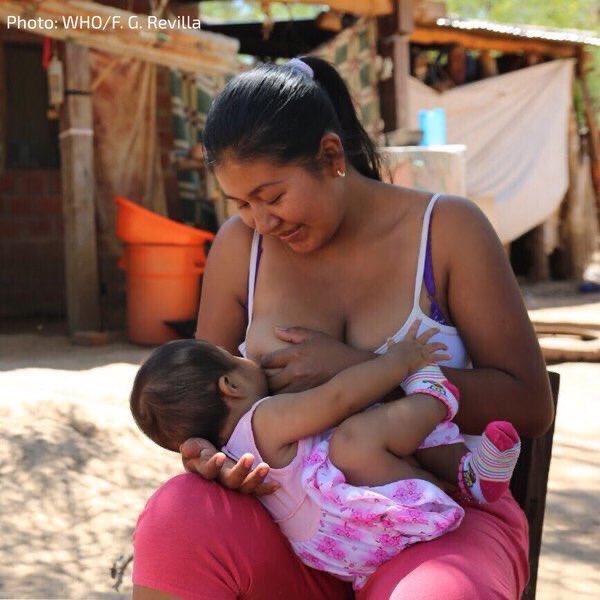 Use a cotton nursing cloak while breastfeeding her in public.
Use a cotton nursing cloak while breastfeeding her in public.
• If your baby does seem uncomfortable, lightly blow air over her head to reduce any sweating.
• Try switching your baby’s position while breastfeeding her. Often, while you are nursing your little one, her head lies cradled in the same position for long. It causes one part of her face and head to heat up, leading to profuse sweating in that area. Make sure you change your baby’s position for some time while switching breasts.
If your baby is still sweating after taking all these necessary measures, you should consult the doctor immediately. Excessive sweating can be a symptom for some major health issue. Now that you know almost all possible reasons for why your baby is sweating while breastfeeding, there is nothing to panic about.
Check out the Parentlane app, to get more information on breastfeeding your baby
31
39
Shares
How to Reduce Baby Sweating while Breastfeeding?
- Home
- Baby
- Breastfeeding Baby Sweating During Breastfeeding – Causes & Remedies
It is quite normal for a baby to sweat while feeding.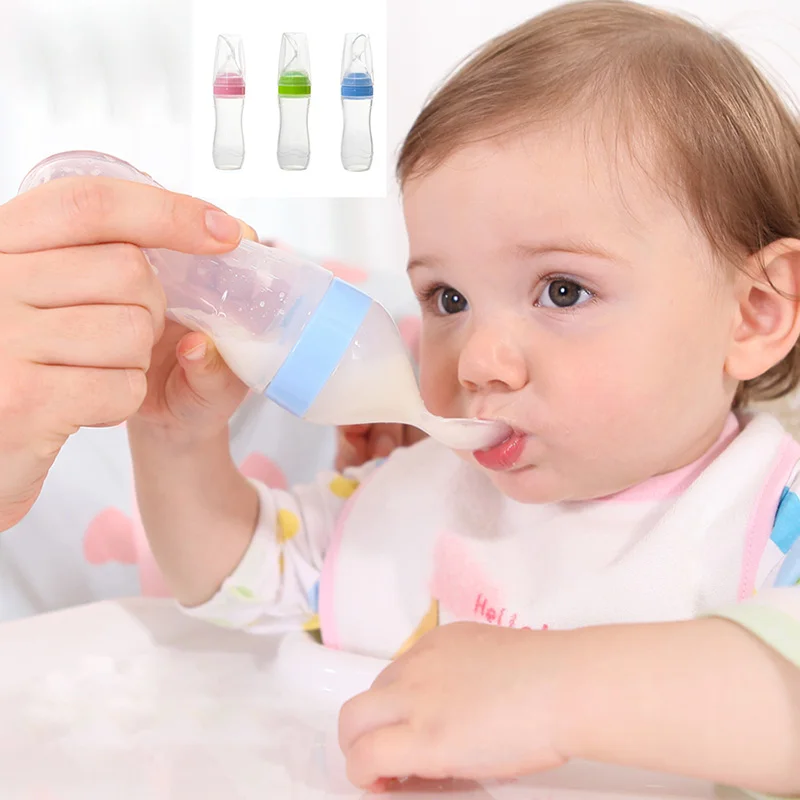 However, if there is excessive sweating, it could be a sign of an underlying medical condition. Before you make that doctor’s appointment to get the problem checked, read this article to understand the baby sweating phenomenon.
However, if there is excessive sweating, it could be a sign of an underlying medical condition. Before you make that doctor’s appointment to get the problem checked, read this article to understand the baby sweating phenomenon.
Video : Baby Sweating While Breastfeeding: Should You Be Worried?
Reasons Your Baby Sweats While Breastfeeding
Usually, a baby sweats because of the natural process by which he releases excess body heat. The baby needs to cool off naturally because:
- Close Connection: The close, skin-to-skin contact with the feeding mother increases the baby’s body temperature.
- Oodles of Energy: Suckling needs a lot of energy. The movement of the jaw while suckling is a kind of exercise for the baby and the baby sweats as a result of putting in the effort.

- Hot Head: Have you also noticed the baby’s head sweating while breastfeeding? Many mothers tend to hold the baby in the same cradle position while feeding. Often, the mother holds the baby’s head in her palms in this position for a long time. This passes on more warmth from the palm, causing the baby’s head to sweat.
- Too Many Layers: Sometimes, the baby is warm because of the many layers he is covered in. That may make him sweat.
- Need for Fresh Air: The feeding room may be cramped, stuffy, and without ventilation. This warm environment makes the baby sweat more while breastfeeding.
However, there may be other reasons why your baby is sweating while breastfeeding – reasons that may require medical attention. We discuss that below.
Why Does the Baby’s Head Sweat?
Sweating on the baby’s head is caused by two main reasons:
- Only the baby’s head has active sweat glands while the rest of the body does not have any.
 So, the head sweats more than the rest of the body when the baby is feeling hot, especially while feeding.
So, the head sweats more than the rest of the body when the baby is feeling hot, especially while feeding. - The temperature of the baby’s head is always higher than the rest of his body.
As new parents, one of the most natural concerns you may have is whether this is because of an underlying ailment. While mild sweating in babies is not usually a cause for concern, if you notice unnatural and excessive sweating on your baby’s head, it may indicate a health problem. It could be any of the following:
- Pulmonary Atresia: It is a form of congenital heart disease that blocks the flow of blood from the heart to the lungs and the baby does not get enough oxygen. This happens because the pulmonary valve, which regulates the blood flow from the heart to the lungs, has a malformation and does not open. Excessive sweating while breastfeeding is a key indicator of this ailment.
- Hyperthyroidism: Excessive sweating can also be caused by an overactive thyroid gland or hyperthyroidism.

- Infection With Fever: The baby can sweat excessively if there is some sort of infection, accompanied by fever.
4. Sudden Infant Death Syndrome: In extreme cases, some babies have a higher risk of Sudden Infant Death Syndrome (SIDS). They could show signs of excessive sweating. While there is no conclusive evidence of this connection, according to a study, a majority of mothers whose babies suffered from SIDS said that they noticed that their babies would sweat too much.
5. Congestive Heart Failure: This ailment is caused by either a structural problem or a weak muscle in the heart. Hence, the baby’s heart is unable to supply enough blood to the rest of the body. This ailment is marked by excessive sweating as well.
Tips to Minimize Baby Sweating During Breastfeeding
Now that you know the reasons behind this, you can take measures to make life more comfortable for your bundle of joy. Here are some tips and tricks to do that:
- Feed the baby in an airy room with moderate temperature.
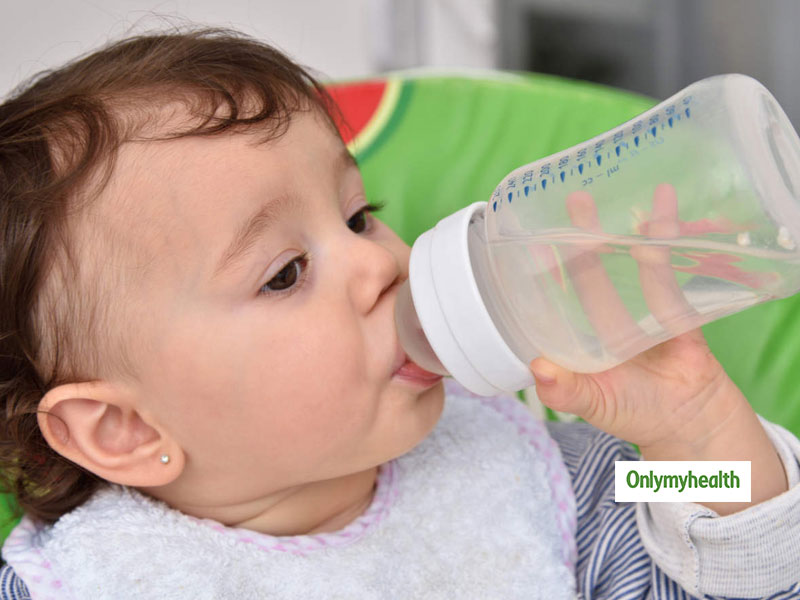 The room should ideally be neither too hot nor too cold.
The room should ideally be neither too hot nor too cold. - During the summer season, you and your baby should both wear soft, cotton clothes while breastfeeding. Even during winters, don’t wear too many layers, heavy woollen clothes or clothes made of materials that may cause skin irritation and sweat. Try to wear light, soft, and warm woollens.
- Keep the baby’s head bare to let it breathe while breastfeeding. Take off any cap or scarf from the baby’s head before feeding. During winters, a cotton cap can be used to cover the baby’s head.
- If you are breastfeeding the baby in public, you should preferably use a cotton nursing cloak to let the air circulate well.
- You and your baby should avoid polyester garments while feeding.
- Feed your baby from both breasts. That will ensure that your baby is not in one fixed position the entire time during feeding, and this movement will reduce heat from trapping.
- Do not assume that the baby is feeling cold all the time and overdress him/her in the process.
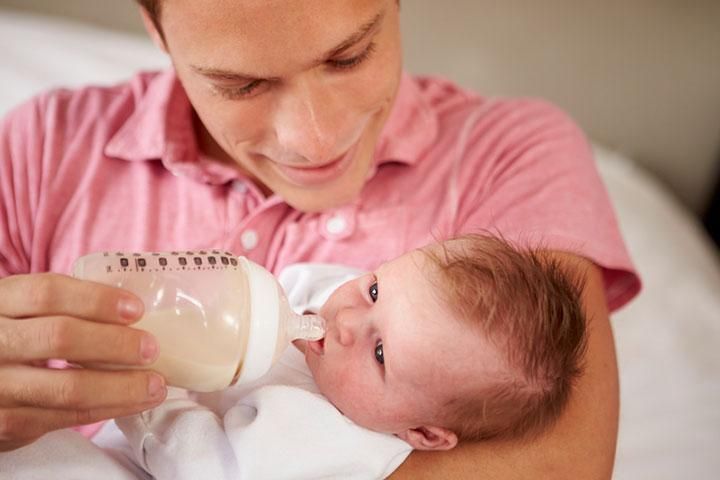 Breastfeeding increases the baby’s body temperature as he is putting in an effort while suckling, and also because he is in close contact with another human body. Too many layers of clothes can add to the baby’s discomfort.
Breastfeeding increases the baby’s body temperature as he is putting in an effort while suckling, and also because he is in close contact with another human body. Too many layers of clothes can add to the baby’s discomfort. - You and your baby should not wear tight clothes during feedings. This will make both of you sweaty and uncomfortable.
When to Consult Your Doctor
You should consult your paediatrician if you notice these symptoms:
- Breathing Problems: Your baby is breathing too hard, too slow, or in gasps.
- Tiredness: You may notice constant lethargy or sleepiness, even during breastfeeding.
- Aversion to Feeding: You baby may not be eager to feed at all.
- Bluish Skin: In some rare cases, the baby skin may develop a bluish shade.
Sweating while feeding is usually not a problem in babies, but in some cases, it may be due to an underlying medical condition. If your baby’s sweating does not stop or improve despite trying the above-mentioned methods, please consult your doctor immediately.
If your baby’s sweating does not stop or improve despite trying the above-mentioned methods, please consult your doctor immediately.
Also Read: Drinking Water During Breastfeeding
Previous article « 25 Cute and Creative Maternity Photoshoot Ideas
Next article Bacterial Infection in Babies »
- RELATED ARTICLES
Why does the baby sweat while feeding?
Bulavina Ekaterina Borisovna
pediatrician of the 1st category
The baby sweats during feeding, so much so that you have to change the vest. What is the reason for the increased sweating of newborns, why does the child sweat if it is not hot and there are few clothes on him? Everything is individual. Read about the causes of sweating during feeding and what to do to help the baby in an interview with pediatrician Ekaterina Borisovna Bulavina.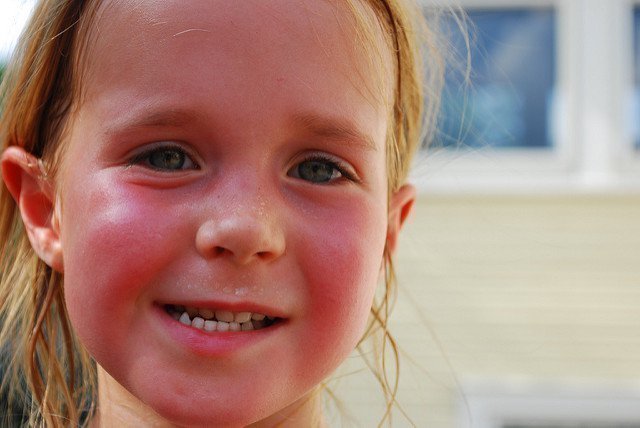
WHY THE BABY SWEET DURING FEEDING
— Ekaterina Borisovna, what does the baby's sweating during sucking mean?
- All children sweat. Distinguish between normal and excessive sweating. Moderate sweating during feeding is considered normal and is not a cause for concern. But it should not be accompanied by a bluish coloration of the face or nasolabial triangle, the appearance of cold sticky sweat flowing down the face or back. The normal act of sucking is usually not accompanied by the baby's anxiety, shortness of breath with retraction of the intercostal space, pronounced palpitations. Otherwise, you should immediately consult a doctor.
- Does age affect sweating?
- Sweat glands are activated at the age of one month. Up to five or six years, the formation of the function of thermoregulation occurs. During this period, maximum sweating is observed. The second peak of sweating is adolescence, when sex hormones turn on.
- Intensive sucking can cause sweating?
- The act of sucking a breast or a bottle is work, especially for a baby in the first months of life. Therefore, even slight discomfort can increase sweating during feeding. Also, the child can spend more energy due to some features of the anatomy of the mother's breast. And even a child's posture is of great importance - if the child is uncomfortable and has to strain all the muscles, he will sweat.
— Almost every mother notes that a newborn's head sweats when feeding. What parts of the body are still sweating?
— During suckling, the baby does a colossal work, which involves the muscles of the head, neck, upper shoulder girdle. Therefore, it is these areas that are normally sweating during feeding. With imperfect heat transfer, the palms and feet of the child can sweat a lot, since a large number of sweat glands are concentrated there.
— Frequent sweating of the head and the development of childhood rickets — interrelated processes?
- Sweating combined with nape baldness often worries parents.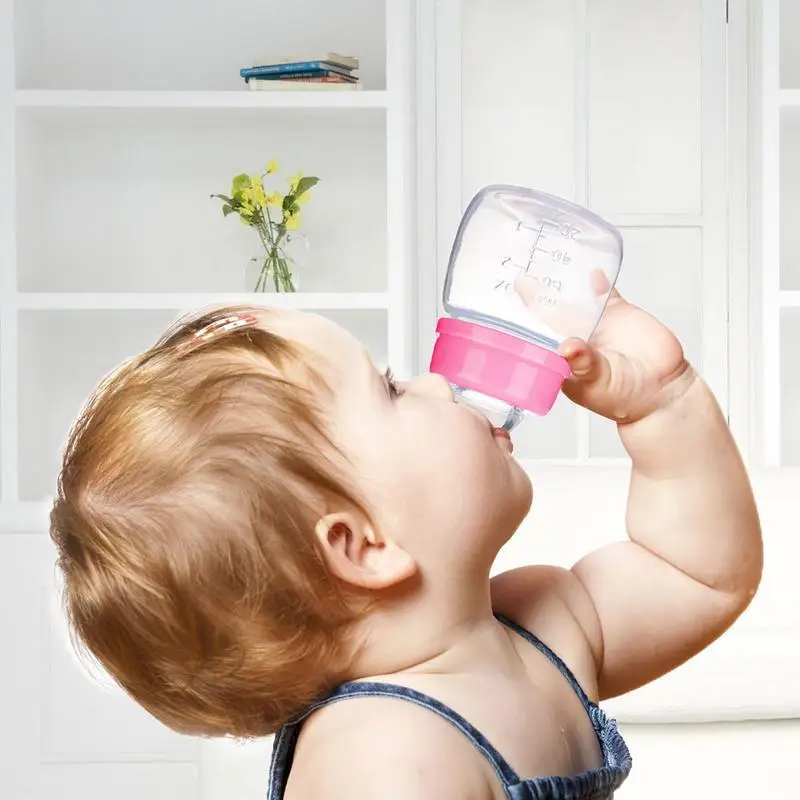 This is the most famous symptom. But it is worth remembering that the hair on the back of the head is wiped normally in healthy children, especially until they have learned to sit, and they turn their heads very actively.
This is the most famous symptom. But it is worth remembering that the hair on the back of the head is wiped normally in healthy children, especially until they have learned to sit, and they turn their heads very actively.
Read also
- Common sleep problems in infancy, what ways to try to calm the baby and fall asleep after feeding.
Early signs of rickets
Non-specific:
- restless behavior, startling from sudden sounds, flashes of light;
- sleep disturbance, shallow sleep with awakenings;
- sweat clammy with sour smell;
- itchy skin;
- rubbing the back of the head against the pillow and baldness.
The most informative:
- compliance of the margins of the large fontanel;
- muscle weakness;
- protruding tummy.
At risk of developing rickets are large formula-fed babies who rarely walk outside. But for early detection of rickets, it is enough to visit a pediatrician in a timely manner: an experienced doctor will easily notice the signs of the disease.
But for early detection of rickets, it is enough to visit a pediatrician in a timely manner: an experienced doctor will easily notice the signs of the disease.
— How can parents distinguish external causes of sweating from health problems?
— When excessive sweating occurs, the first step is to review the surrounding microclimate. If the room temperature exceeds +25 ° C, and the air humidity is more than 60%, the child simply overheats. The next step is to evaluate the clothing: too tight, made of synthetic fabrics and needs to be replaced.
Warning symptoms requiring immediate medical attention:
- lethargy, weakness, fatigue or, conversely, excessive excitement;
- restless interrupted sleep;
- poor weight gain, poor appetite;
- lag in psychomotor development;
- muscle weakness or, conversely, pronounced muscle tone;
- cyanosis (cyanosis) of the nasolabial triangle during sucking, cyanosis of the extremities;
- fever;
- signs of a viral infection, pustular skin lesions;
- pathological impurities in the stool;
- prolonged cough;
- enlarged lymph nodes of any localization;
- softening of the edges of the large fontanel, change in the shape of the skull;
- Distended protruding abdomen, tendency to constipation.
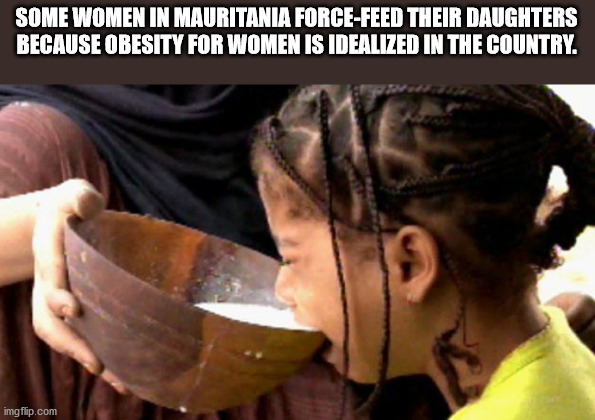
Characteristic signs that also require immediate attention to the pediatrician:
- specific smell of sweat;
- clammy, cold sweat;
- profuse sweat in large drops, acting on the forehead, back;
- profuse (suddenly released in large quantities) sweat, requiring dressing.
In addition to external factors, the general condition, activity, sleep, mood, level of development of the child are assessed. Moderate sweating in general well-being is rarely a sign of a serious illness - this is a temporary inconvenience that will pass with the maturation of the nervous system. Physiological sweating most often disappears with the normalization of the temperature regime, the correct selection of clothing.
HOW TO REDUCE CHILDREN'S SWEET DURING FEEDING
— Ekaterina Borisovna, what should parents do if the baby sweats a lot during feeding?
— To make the feeding process as convenient as possible, it is necessary to create optimal conditions for the child:
- feed in a cool, well-ventilated area;
- dress the child appropriately for the ambient temperature in natural, breathable clothing that is loose and free of coarse seams;
- a sleeping child should wear one more layer of clothing than an adult who is feeling comfortable at that moment, and one less layer for an actively moving child;
- do not wear hats, caps during feeding, as the baby's head often sweats, and an additional layer of clothing will increase overheating;
- feed in a reclining position, supporting the upper shoulder girdle with a hand or placing a special pillow; it is impossible to support only the head, since only the neck is bent and it is inconvenient for the baby to suck;
- use special silicone pads on the nipples, knead and strain the breast before feeding in case of anatomical problems in the mother that make sucking difficult;
- bathe the baby more often, use contrast baths or douches after bathing in cool water - hardening always has a beneficial effect on the autonomic nervous system and immunity;
- more often leave the baby without clothes for air baths.
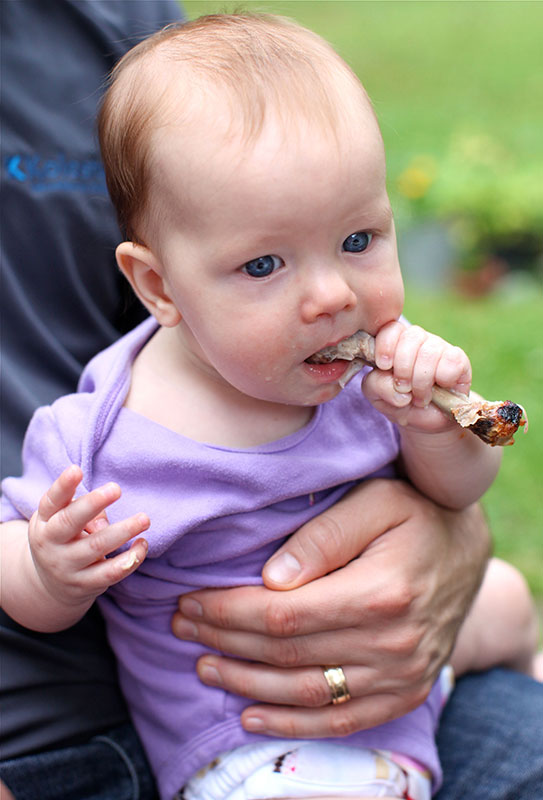
In addition, bottle feeding should be carefully considered:
- use an anti-reflux bottle with a medium hard teat;
- The opening on the nipple must be appropriate for the age of the baby;
- Too soft or too tight nipples are not suitable for normal feeding.
Young children tend to sweat, which is associated with the imperfection of the thermoregulation system. The baby is very dependent on the ambient temperature and easily overheats. Even seemingly insignificant muscle work during sucking is a serious burden for the baby and is accompanied by the release of sweat, especially in conditions of high temperature and humidity. If sweating is excessive and the child suffers from it, this is an occasion to visit a pediatrician to determine the causes.
* Breast milk is the best food for babies. WHO recommends exclusive breastfeeding for the first 6 months of a child's life and continued breastfeeding after complementary foods are introduced until the age of 2 years.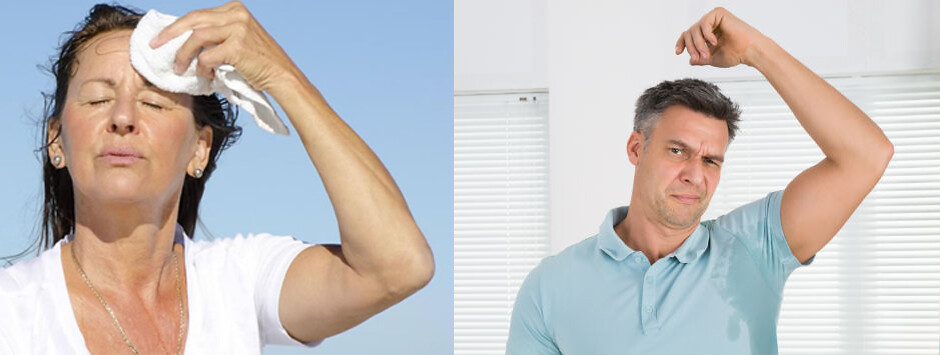 Before introducing new products into the baby's diet, you should consult with a specialist. The material is for informational purposes and cannot replace the advice of a healthcare professional. For feeding children from birth. The product is certified.
Before introducing new products into the baby's diet, you should consult with a specialist. The material is for informational purposes and cannot replace the advice of a healthcare professional. For feeding children from birth. The product is certified.
#advice for mom #breastfeeding
See also
Why a child hiccups and how to help him
#Tips for Mom #regurgitation 7-12 #regurgitation 12 plus
Kizino Polina Aleksandrovna
pediatrician, perinatal psychologist
Infant feeding patterns - what to choose
#Tips for Mom #breastfeeding
Kizino Polina Alexandrovna
pediatrician, perinatal psychologist
Why does a newborn spit up so often
#Tips for Mom #regurgitation 0-6
Kizino Polina Alexandrovna
pediatrician, perinatal psychologist
See all
View all
Why does a newborn spit up so often
# Tips for mom # regurgitation 0-6
Kizino Polina Alexandrovna
pediatrician, perinatal psychologist
Infant feeding patterns - what to choose
# Tips for mom # breast-feeding #grudnoe-vskarmlivanie
Kizino Polina Alexandrovna
pediatrician, perinatal psychologist
Why a child hiccups and how to help him
# Tips for mom # regurgitation 7-12 # regurgitation 12 plus
Kizino Polina Alexandrovna
pediatrician, perinatal psychologist
See all
View all
View all
View all
"Why does a child sweat a lot during sleep and feeding?"
Health
In our “Ask an Expert” column, reader Olga asks:
“A 3-month-old baby periodically sweats heavily on his head, especially during breastfeeding or when he sleeps.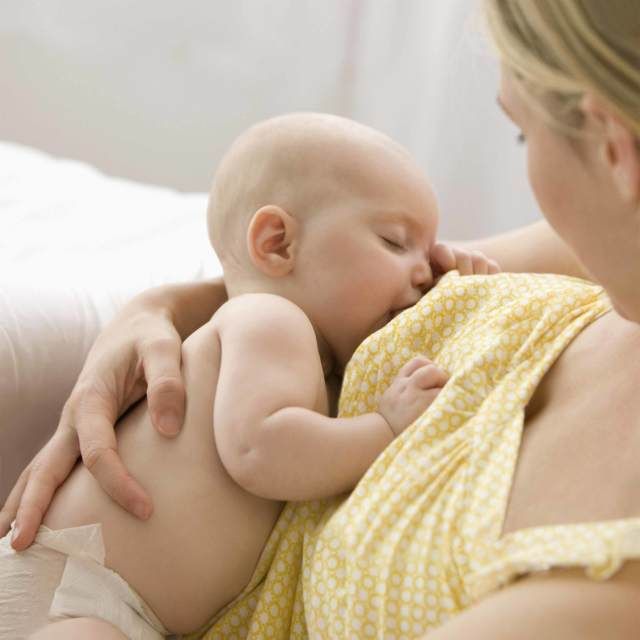 What is the reason? Is it dangerous?
What is the reason? Is it dangerous?
- When a baby suckles, he experiences physical exertion, so the back of his head may sweat. This is a variant of the norm. In the crib, during sleep, the baby may sweat if he is hot. You need to check whether the mattress is too warm, whether it is hot in the room.
Sometimes parents put a pillow under the child's head that does not allow air to pass through, this can also make the head sweat.
The temperature in the room should be around 22-23 degrees, it is important to cover the crib with the right linen.
Do not forget about the humidity in the apartment. If batteries and heaters that dry the air are turned on, then we recommend placing special humidifiers in the room where the baby grows.
If comfortable conditions are created for the child, but the problem persists, then you need to be alert. As a rule, increased sweating provokes a lack of vitamin D. It is very important to control its level.
Night sweats can also be a problem in adults.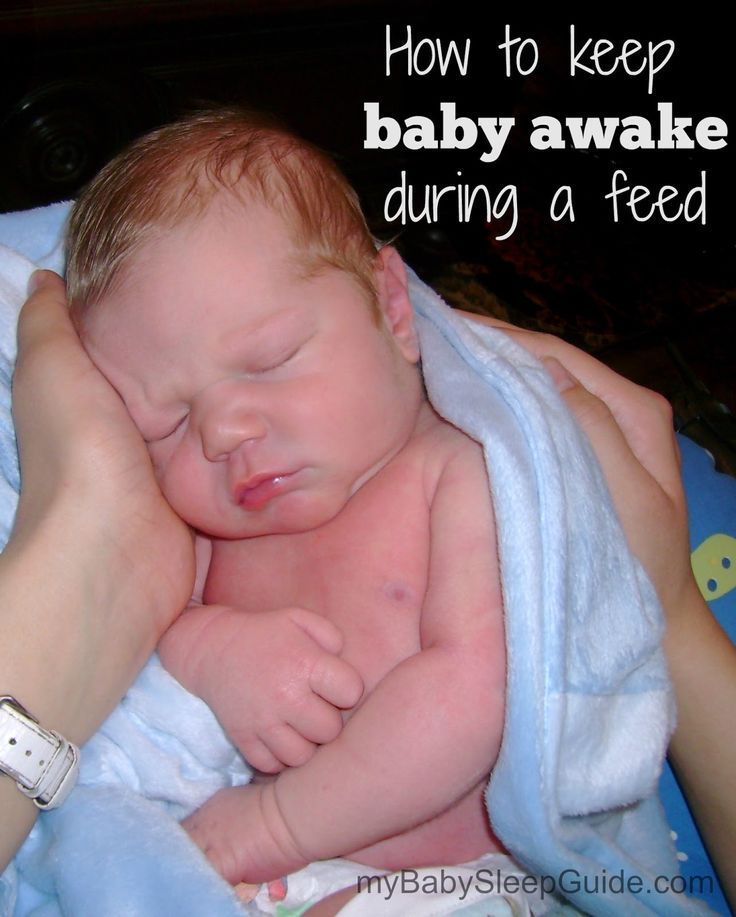 In what cases should you see a doctor? Read more in the article: "From Menopause to Cancer: 7 Possible Causes of Night Sweats"
In what cases should you see a doctor? Read more in the article: "From Menopause to Cancer: 7 Possible Causes of Night Sweats"
In the program for optimizing the feeding of children in the first year of life, it is prescribed: each child from the age of 1 month should receive vitamin D in a prophylactic dose of at least 1000 units during the first year of life.
Prophylactic dose given without testing. If a child develops sweating, especially of the feet or hands, in combination with signs of osteomalacia (compliance of the edges of the large fontanelle, skull sutures), then doctors suspect that the child is not vitamin D enough. In this case, they prescribe a blood test for the content of 25 (OH) D (vitamin D) and, based on its results, adjust the dosage of the drug.
The therapeutic dose can be up to 2000 units per day, and if the baby is premature, then higher dosages are used. Vitamin D deficiency is dangerous because it threatens the development of rickets.